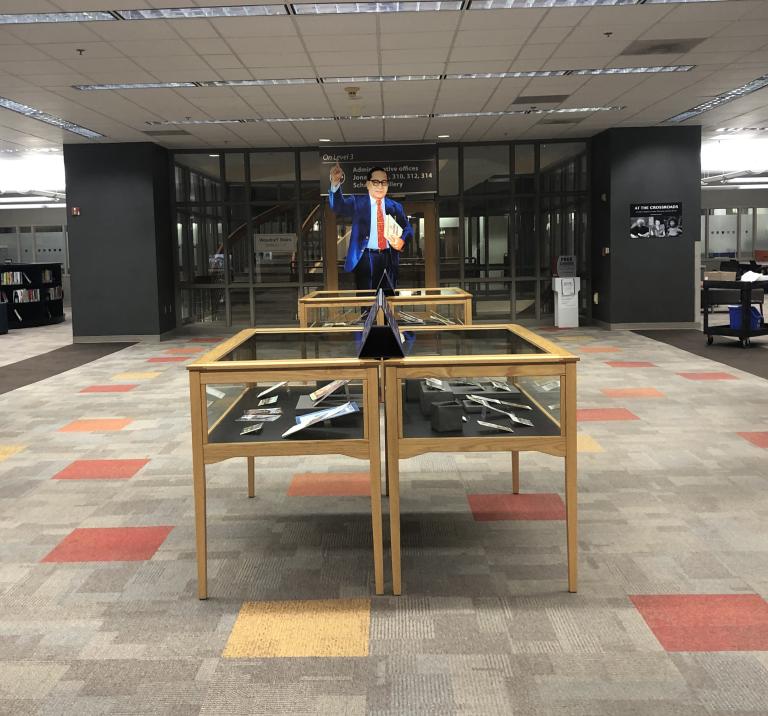Celebrating Open Access at Emory
Emory joins other universities in the United States and Europe in collaborative work to offer platforms and funding support to authors publishing Open Access journals and books. This exhibit highlights some of those platforms and showcases a sample of the works they have made possible. Among the works are high-quality, peer-reviewed, openly licensed college textbooks as well as monographs on a variety of subjects. All of the books in the exhibit are available online, and some are also in print. Stop by the exhibit to read more about open access, link via QR code to the titles online, or check out a hard copy at the service desk.
Emory joins other universities in the United States and Europe in collaborative work to offer platforms and funding support to authors publishing Open Access journals and books. The selection below is a small sample of what is available to Emory researchers and readers free of cost and access barriers.
WLB 12/22/23-1/1/24
Caste: Stories of Resilience and Resistance

Caste is a social and religious system of power with a long history in South Asia and its diasporas. This exhibit explores caste through an intersectional lens. It focuses on the relationship of caste to religion, politics, and gender.
Caste is not simply limited to South Asia, but also extends to its many diasporas in places such as the United States, Canada, and the Caribbean. In recent years, American anti-caste organizations such as Equality Labs have spearheaded successful campaigns to make caste a recognized and legally protected category alongside race, religion, sexuality, age, ancestry, and ability. In 2019, Brandeis University, was the first North American institution of higher education to add caste to its non-discrimination policy, and since then many other universities have followed suit. Caste has been an important site of contestation for tech companies such as Google and Cisco, as well as local governments, including Seattle and the state of California. Caste is a growing topic of conversation across many North American universities, including Emory University.

